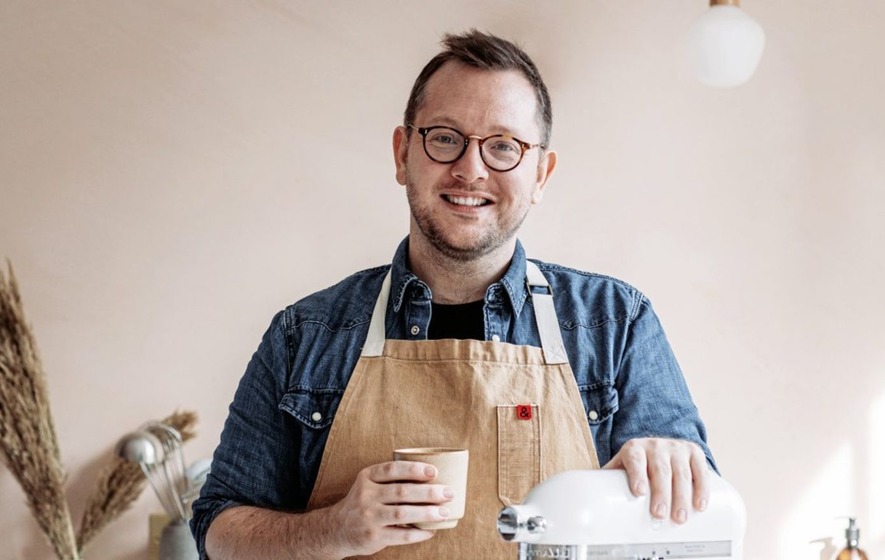
Back in 2010, Bradford-born Edd Kimber won the first series of a little-known baking show called The Great British Bake Off. In the past decade, both Edd aka The Boy Who Bakes and the programme aka GBBO have gone from strength to strength. Since leaving his job as debt collector, Edd has published four cookbooks: Say It With Cake, The Boy Who Bakes, Patisserie Made Simple and One Tin Bakes. I chatted to him about launching a book during lockdown, dealing with Twitter trolls, his love of Paris and much more.
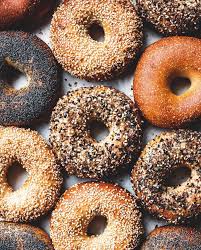
Bagels (credit: Edd Kimber) 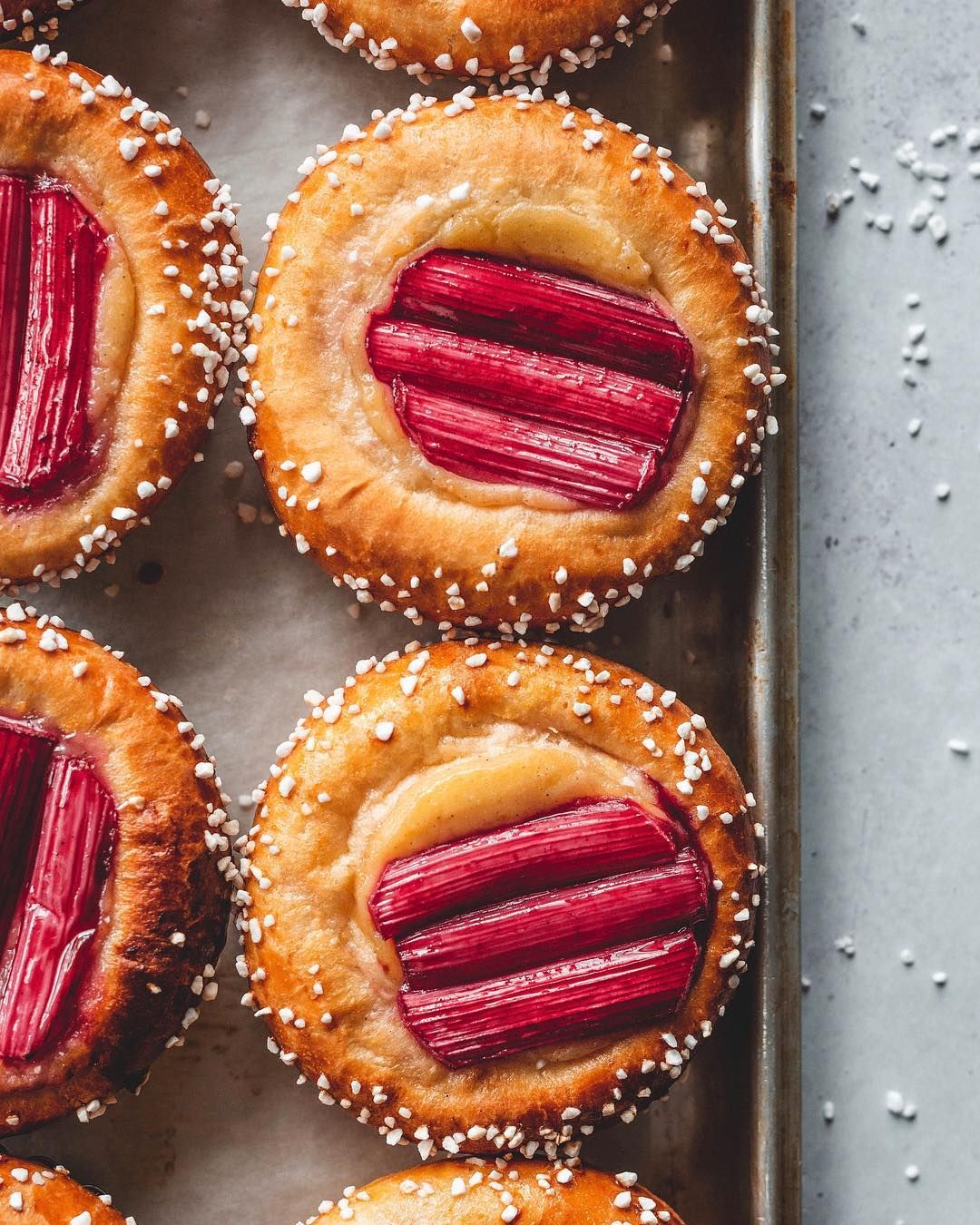
Rhubard Custard Brioche (Edd Kimber)
What promoted your decision to study politics at university, and what made you turn your back on the corporate world?
I actually went to university to study history and later transferred to politics as I lost the love for my original degree program. I was a classic drifter; I had no real idea what I wanted from university, didn’t have a job in mind and so I felt like I was picking a course from what a list of what I thought I would be good at and what I thought might be useful for a wide variety of jobs.
After graduating I wanted one of two jobs: journalism or something in the charity sector. Unfortunately, in both of those worlds, the only thing I could find was long unpaid internships, which obviously don’t allow anyone without a wealthy background entry. That meant I fell into a low-level corporate job at a bank as a temp. It wasn’t work I wanted to do, and it definitely wasn’t work I liked, and so from an early stage in that job I spent my days thinking what the next thing would be and quickly realised that should be baking.
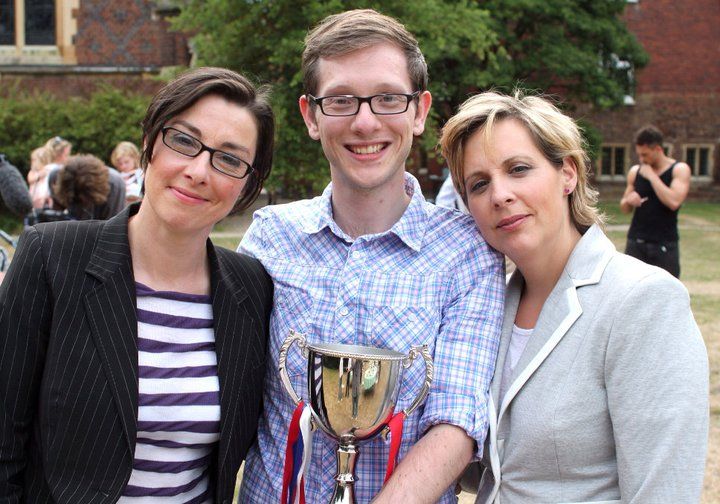
Did you receive any media training to cope with being thrust into the limelight after winning Bake Off and how would you advise future contestants to handle their newfound fame?
No. Nothing. The day after the final aired, someone at the BBC held my hand through a few of my first interviews, but halfway through that day, I was left on my own and never heard from anyone at the production company, in any pastoral care role or anything work-related, again. I definitely felt a little thrown in the deep end. But, trying to stay positive, I think this was mainly because no-one expected the show to become the runaway success it did and season one was a very different beast.
What has it been like to promote your latest book, One Tin Bakes, during lockdown?
Lockdown has been both a positive and a negative: positive because the boredom of lockdown has got the country baking again and so there was a very receptive audience, but negative for so many other reasons. We obviously haven’t had any events, no book signings, no literary festivals and my US book tour is on hold, maybe cancelled.
We have also struggled with the realities of getting books into stores. Most stock of books has been redirected to online retailers, so it’s hard to find the book in a bricks and mortar store. We’ve also had issues getting stock around the world; the book technically came out in Australia at the same time as the UK, but the stock they had sold out almost immediately and it’ll now be a couple months before they’re able to get stock to the country due to Covid-related delays, which is obviously frustrating. Thankfully the press response to the book has been overwhelming and extremely positive, so the book is selling well and readers are responding so brilliantly to it that the stresses aren’t a big deal right now.
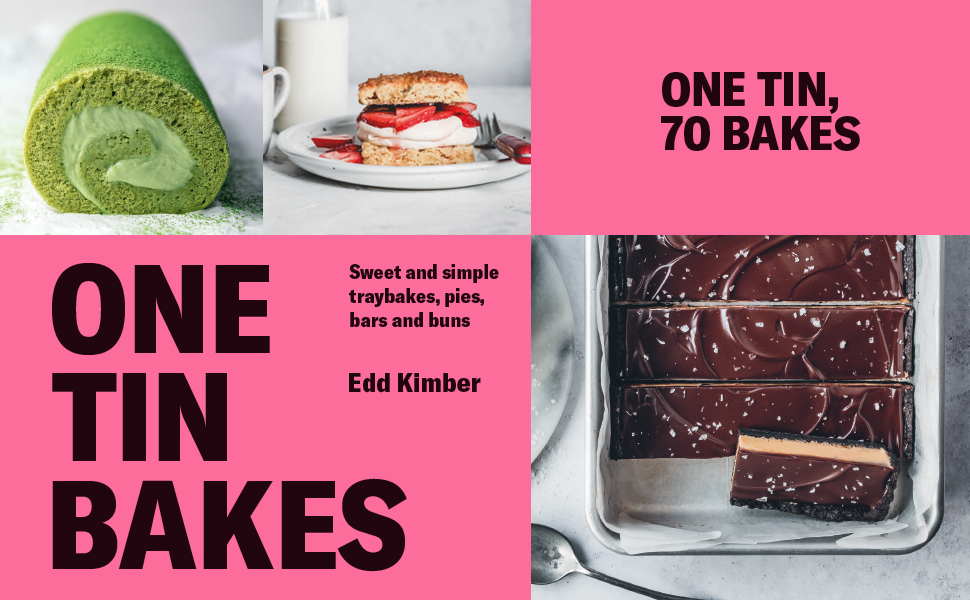
You’re often asked about your favourite bakes, but which ones do you dislike making, and eating, and for what reasons?
Wedding cakes and anything where decoration is the most important thing. Wedding cakes because the pressure is immense and I just don’t enjoy the stress of it so I avoid them at all costs. If I say yes to making one, it’s likely because I like you a lot but that means I now would only ever make one for close friends or family.
Overly decorated cakes, because I just don’t like them. When it comes to baking, the most important elements are flavours and then texture; looks are always last on my list. If something is on a cake because it looks good, not because it makes it taste better, then get it off, I’m not interested. And that’s not to say looks of a cake aren’t important – we all like pretty baking – but it has to be flavour first, every time.
What was the last book you read that you loved and what was it about?
I’m currently in the middle of a book called The Deviant’s War, which is about the US gay rights movement in the early ‘60s before the Stonewall uprising in ’69. It centres on the story of Frank Kameny, an astronomer working for the US government who was fired from his job in 1957 for being gay. Rather than accept his fate, he fought back in the courts and later founded the Mattachine Society, one of the first gay rights organisations. Part of my politics degree was on queer liberation and women’s rights, so it’s an area of history that fascinates me.
In a recent Twitter thread, you described how the sexist and homophobic language used in some kitchens put you off working in restaurants. How do you think this can be eradicated?
Make it less of a boy’s club. This means we need more women, more queer people, more BIPOC/BAME folk running kitchens, we need media to not just elevate the same old straight white chefs. Like with all society, when we can see ourselves reflected back to us, we know we have a place.
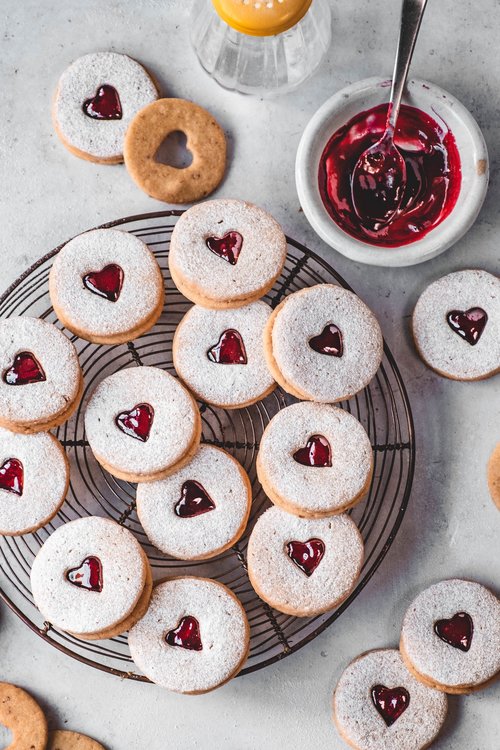
Linzer cookies (credit: Edd Kimber) 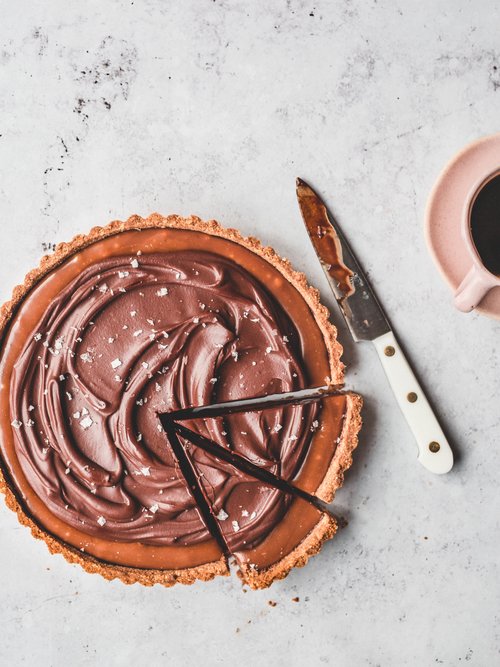
Chocolate Tart (credit: Edd Kimber)
You’re not afraid to voice your opinions on Twitter, which can attract a fair amount of criticism. How do you deal with trolls, particularly homophobic comments?
The block button is a magical tool: I don’t have time for idiocy. If you can’t read an argument in favour of LGBT rights and understand that, I don’t need to hear your opinions. Debate is important, but my existence, my ability to access the same things you do, is not up for debate. I think standing up for what you believe in is important: if we don’t raise our voices, we’re not heard and if we’re not heard, we can’t expect the political classes to care. They’ve proven time and again they don’t make positive change unless they have to.
Along with New York, Paris is one of your favourite cities. What do you love so much about it and would you consider living there one day? If not, why?
My first visit to Paris was when I was 18; I used some of my student loan to visit the city with some friends. We were on a strict budget, so we stayed in some cheap rough-around-the-edges hotel on the outskirts of the city. From memory, we only ate one meal in a restaurant. The other meal I can remember was a picnic quickly gathered together from a local supermarket and enjoyed full cliché in a park nearby the Eiffel Tower, watching as the light show came on.
These days I visit to see friends, to escape London for a couple days and to just relax. I’m there to drink wine on a terrace, to explore new bakeries, to eat at a favourite bistro. Living in London, I think Paris has become somewhere that is incredibly easy to travel to, but once you’re there you feel a million miles away.
About 6 years ago, I was just starting out writing a book on patisserie for home bakers, trying to make it accessible and take out the fear of complex French baking, and I had just come out of a long-term relationship. At that time, I seriously considered moving to the city, at least temporarily, to write the book and get out of London. In the end, the cost of the move put me off the idea, but I can still daydream about the idea now and again.
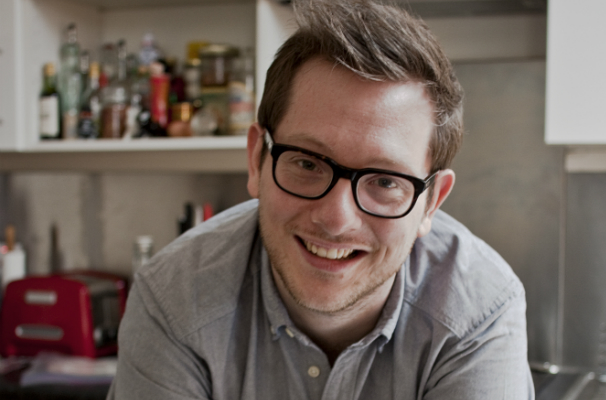
When it comes to amateur restaurant reviews, very few represent a well-balanced view for various reasons. What are your thoughts on the choice to only share positive reviews, and can you trust someone who only ever writes about good experiences?
Right now, in a hopefully post-Covid world, we know that restaurants have taken a huge hit and are struggling for survival. Negative reviews always felt written a little for sport and sometimes come off as mean-spirited to me (not everyone, but there are reviewers who seem to revel in the negative) and I think going forward, posting only positive reviews is an interesting way to go.
I don’t write restaurant reviews, but occasionally I post my experiences of a place on Instagram or Twitter and I only post the positive ones because I know the work that goes into anything creative. Whilst I know criticism has a valid place in creative endeavours, I don’t want to be the person putting out negativity; I just choose not to post about poor experiences.
If you were invited to speak about a topic totally unrelated to food, what would it be and what about it appeals to you?
Ooh dear, that’s tricky! Baking is an all-encompassing obsession for me, so it has taken over my life a little. Maybe queer history? I’m not sure I’m expert enough in anything else but food to stand up and talk about it.
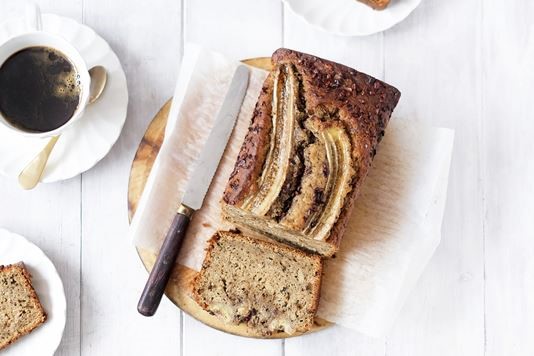
What’s your least favourite thing about humanity and why?
Selfishness. Because selfishness translates into much bigger issues. Look at the current racism situation: you have people being filmed flipping out at the Black Lives Matter movement and for what reason? They’re worried their privileged position is falling: that’s a form of selfishness. Look at the people who refuse to wear a mask to protect others from Covid: that’s selfishness. Selfishness creates so much negativity and there is no need for it.
What small gesture from a stranger made a big impact on you and for what reason?
So many things, but the one that happened this morning, as I write this, was a message someone sent me on Instagram just telling me how much they loved my new book and that she and her young son had sat down together to go through the book and decide what to make first. She wanted me to know how excited her son was to bake. These sorts of messages, how my work becomes bigger than just a recipe on a page, are just the kindest, sweetest thing to receive and really make me feel encouraged and excited to keep working.
If you enjoyed this Edd Kimber interview, you can check out the rest of the Spotlight on Chefs series here.
LINKS
The Boy Who Bakes, Manon Lagrève Interview, Ravneet Gill Interview, Sanjana Feasts Interview
PIN FOR LATER

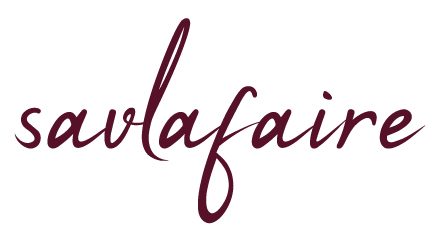
I really enjoyed Edd’s interview Seetal. I watched him in GBBO and was rooting for time the whole time. What an incredible story and he is so talented with his bakes.
Also love his honesty and I resonate with him about his reasons for posting positive things about restaurants. I took that decision when I started doing restaurant reviews more for the business itself and in the current climate I’m glad I stick to that decision!
So now naturally I’m craving something sweet but my baking is atrocious and therefore will have to get a copy of the book! Thanks for a great read!
Author
I’m so pleased that you enjoyed this interview, and that he went all the way on GGBO and has forged a very successful career for himself! I completely understand his stance on only posting positive content about restaurants, although I do believe there needs to be a balanced view out there so that people can make informed choices. However, there is a way of sharing the downsides without eviscerating an establishment, starting with sharing the feedback with them first and giving them a chance to rectify the situation, if possible. Hope you managed to satisfy your sweet cravings!
Really enjoyed reading this interview, Seetal. Definitely making me want to rewatch to his series, especially as we’re now on a marathon GBBO catch-up. And to check out his new cookbook too – those bakes look tremendous! Very sorry though to hear about his experiences of homophobia, in the kitchen and on Twitter – awful that this is still so prevalent, not least to someone who’s giving the world such positivity. So important we all keeping shouting out against homophobia, sexism and racism, wherever we see it..
Author
Thanks so much for your kind words, Aaron, as always! I love that you’re doing a marathon GBBO catch-up. I need to do the same as I haven’t watched all of the series, but I don’t think I’ll ever get around to it in all honesty! I thikn you’d love the book, and I look forward to seeing your versions of his recipes soon. As for his negative experiences, it’s shocking that he and countless others have to deal with homophobia and undeserved criticism. I’m really glad that he’s able to talk openl;y about it now and use his voice to make a positive change.